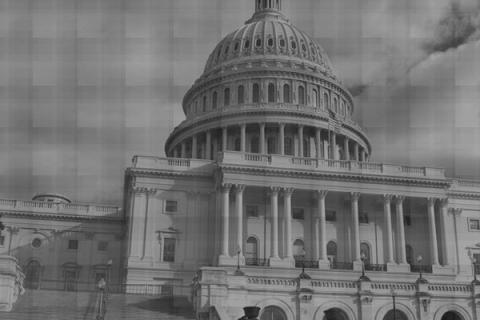
As gas prices continue to ascend around the nation, several solutions have been proposed to alleviate the strain felt by consumers. California Governor Jerry Brown agreed to a variance that green-lit oil refineries’ production of winter-grade fuels on October 7, which is typically earlier than the October 31 deadline. This correlated with the rising gas prices in San Diego, as proposed to Governor Brown by Senator Juan Vargas (D-Chula Vista) last week.
Some feel this decision was geared toward short-term market relief, however. Winter-grade gasoline is cheaper to produce than summer grade, and in turn, is cheaper on the consumer.
Severin Borenstein, Director of the UC Energy Institute at Berkeley, feels that this would drive politicians to be “wringing their hands and calling for investigations” as a result of California gas prices jumping nearly fifty cents more than the rest of the country. This remark was in response to problems at California oil refineries, as well as a main pipeline shutdown in southern California, that functioned in creating adversely high fuel costs.
Borenstein was correct about politicians calling for investigations, as Senator Dianne Feinstein (D-California) requested on October 7 that the Federal Trade Commission investigate the gas spike for illegal market manipulation.
It’s no coincidence that Feinstein requested the investigation the same day Governor Brown agreed to the variance.
"Publicly available data appears to confirm that market fundamentals are not to blame for rising gas prices in California," wrote Feinstein to FTC Chairman John Leibowitz in her October 7 letter. Feinstein continued:
“California’s consumers are all too familiar with energy price spikes which cannot be explained by market fundamentals, and which turn out years later to have been the result of malicious and manipulative trading activity. It is with this history in mind that I call on the FTC to act immediately and aggressively to protect California’s consumer."
Borenstein, in viewing gasoline as a commodity, believes that the only way a seller can drive up the price is by withholding from the market. He cites the California electricity crisis to supplant his statement - he feels that something similar, “though much less extreme,” could be going on in the gasoline market.
According to Borenstein, the production of California’s own boutique blend of gasoline - California Air Resources Board (CARB) gas, Chevron dominating twenty-percent of the fuel market, and the low-elasticity of demand for gasoline could play into a company producing less CARB gas in order to drive up prices.
CARB gasoline is a type of reformulated gasoline (RFG) designed to reduce emissions of NOx, volatile organic compounds, and maintains lower benzene levels.
Borenstein feels that other commentators will place blame on California’s production of this certain CARB blend, which is only produced in California, and could play into the spike. There is some credibility behind this argument, as this hinders California’s ability to trade fuel supply with neighboring states. If a shortage or “brown out” were to occur, then the cost of importing gas from other states, which is not regulated by California, could reflect the rise in costs. Not only could this effect costs, but also the environment, as the CARB blend is specific to California environmental regulations.
Feinstein cites a Reuters investigation in her letter, which details industry sources who believe that the ninety-seven-cent price spike in CARB gas over the past week “has many of the hallmarks of a classic short squeeze.” Also in her letter, she urged the FTC to seek data sharing agreements that would allow it to regulate the industry more actively:
"Data on prices, trading activity, refinery output, demand, stocks, and other information are vital to determine if trading activities reflect fraud, manipulation, or other malicious trading practices. While much of this data is currently collected, but not released, by the CFTC, the Energy Information Administration, the California Energy Commission, and private sources, the FTC does not collect, compile, or analyze this information."
So what ultimately has caused fuel costs to rise is yet to be discovered. As the elections kick into high gear, and gas prices continue to rise, surely candidates will have to provide some solution this issue. The stance they take could prove to be crucial, as it directly effects the weight of their voters' wallets.
